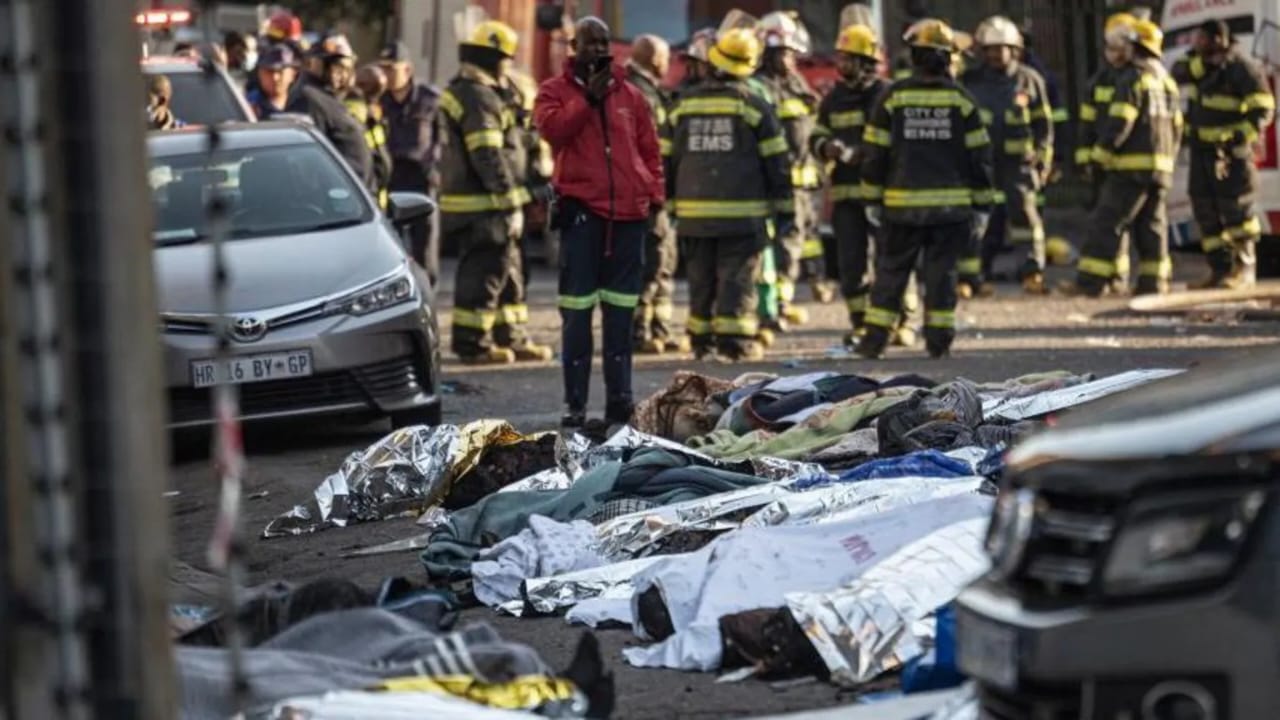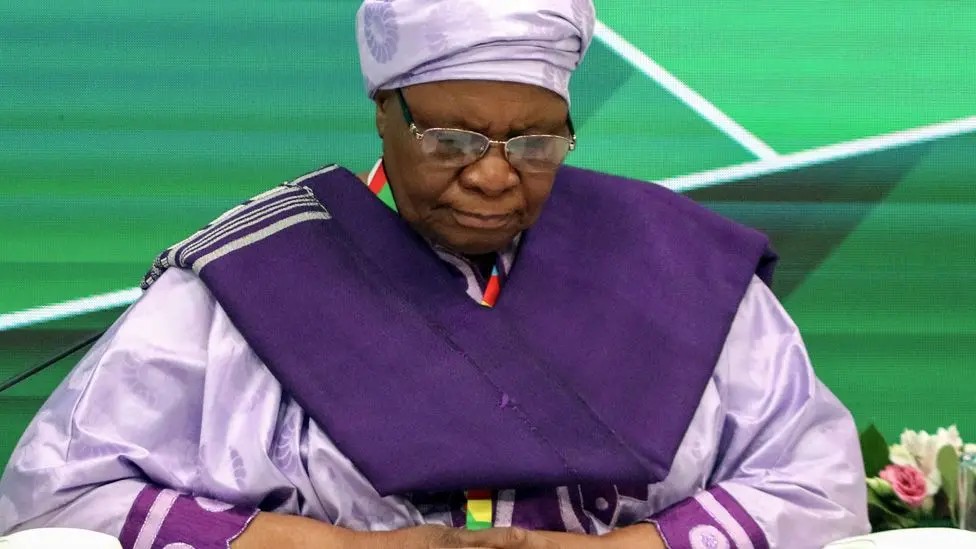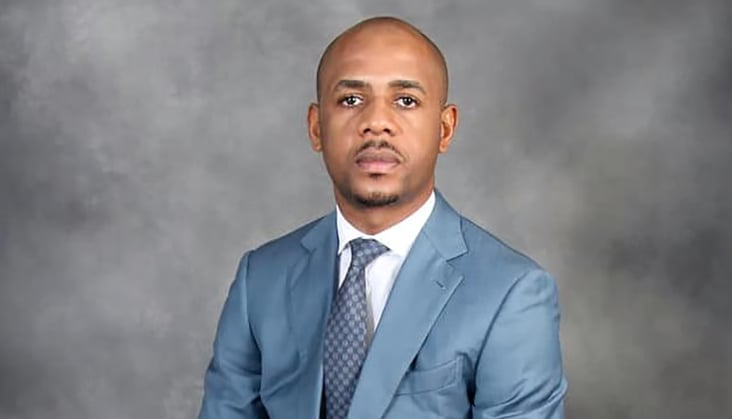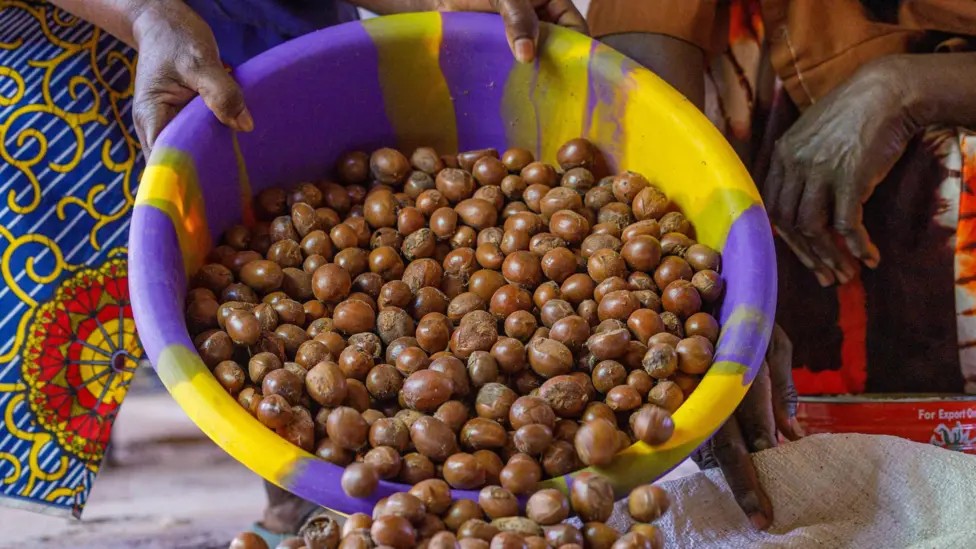Mob Justice Claims Another Victim in Northern Nigeria
- by Muhammed, Abuja, RNG247
- about 8 days ago
- 157 views

In a shocking display of vigilantism, a woman was brutally burned to death by an enraged mob in Niger state, northern Nigeria, following accusations of blasphemy against Prophet Muhammad. The incident, which occurred on Saturday in the town of Kasuwan-Garba, has once again ignited debates about religious extremism and the rule of law in the region.
The victim, identified by local media as Amaye, a food vendor, reportedly became the target of mob violence after her response to a man's joking marriage proposal was interpreted as blasphemous by bystanders. Before law enforcement could intervene, the situation spiraled out of control, resulting in the woman's horrific death.
Niger state police spokesman Wasiu Abiodun condemned the act as "jungle justice" and assured the public that an investigation is underway to bring the perpetrators to justice. He urged citizens to remain calm and refrain from taking the law into their own hands.
This tragic incident is not an isolated case in northern Nigeria, where blasphemy is considered a criminal offense under Islamic (Sharia) law in 12 predominantly Muslim states. The region has witnessed similar lynchings in recent years, with at least two other individuals falling victim to mob violence over blasphemy accusations since 2022.
Critics argue that authorities have not done enough to prevent these extrajudicial killings, which have targeted both Muslims and Christians. The frequency of such incidents raises serious concerns about the protection of individual rights and the enforcement of due process in the face of religious fervor.
While Nigeria's constitution guarantees freedom of speech, the country remains deeply divided on matters of faith and justice. The Supreme Court has previously ruled that blasphemy allegations must be proven in a court of law, yet mob justice continues to prevail in some areas.
As the investigation into this latest tragedy unfolds, questions linger about the effectiveness of current measures to protect citizens from religious violence and uphold the rule of law in Nigeria's complex socio-religious landscape. The incident serves as a stark reminder of the ongoing challenges facing the nation in balancing religious sensitivities with fundamental human rights and legal protections.
















0 Comment(s)